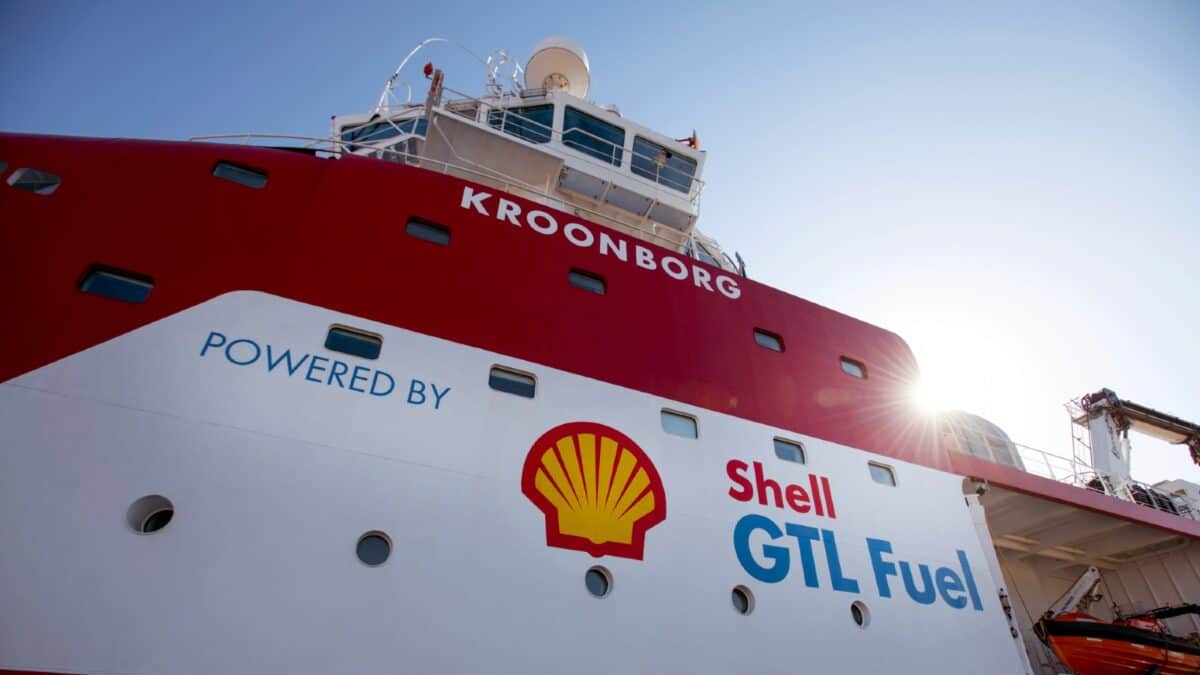Shell’s (LSE: SHEL) share price is down 8% from its 18 October high, which is very good news for me. I already have shares in the firm, but I am seriously considering buying more at the current price for three key reasons.
There are risks in the stock, of course, with one being a sustained slump in global commodities prices. Another is government clampdowns on its operations because of anti-oil sentiment.
Broadly bullish oil market
The oil market has been in a broadly upwards trend since the invasion of Ukraine in 2022. Sanctions on Russia — a top three producer of oil and gas producer – slashed global supplies.
Should you invest £1,000 in Shell right now?
When investing expert Mark Rogers has a stock tip, it can pay to listen. After all, the flagship Motley Fool Share Advisor newsletter he has run for nearly a decade has provided thousands of paying members with top stock recommendations from the UK and US markets. And right now, Mark thinks there are 6 standout stocks that investors should consider buying. Want to see if Shell made the list?
Such cuts are drivers of oil prices. They are also generally supportive of gas prices, as historically 70% of these come from the price of oil.
October 2022 saw oil cartel OPEC+ begin a rolling 2m barrel per day (bpd) cut in supply. An 5 November this year saw Saudi Arabia extend its own rolling 1m bpd cut to the end of this year. Russia said it would do the same for its 300,000-bpd cut.
New field discoveries
Shell has been at the forefront of Western companies that have sought to offset the loss of Russian energy with new fields.
It has made several major oil finds in Namibia recently. These together are estimated to hold at least 1.7bn barrels of oil equivalent.
In February this year, it said its recent gas discovery in the UK’s Southern North Sea could be one of the largest in over a decade.
On 21 November it announced the discovery of a new gas reservoir in Egypt’s Mediterranean Sea El-Amriya block. Further evaluation is under way to determine the size and recoverable potential of the discovery.
Such discoveries in a buoyant energy market feed into CEO Wael Sawan’s strategy to boost Shell’s valuation.
Undervalued compared to peers
When he took over as CEO on January 1, Sawan reaffirmed Shell’s core commitment to oil and gas. He stated that it would keep oil production at 1.4m barrels per day until 2030. He added that it would also expand its huge liquefied natural gas business.
This recommitment was crucial to closing the stock valuation gap between Shell and its US counterparts, Sawan said. Despite Joe Biden’s greener US Presidential Administration, these firms have remained committed to their core oil and gas businesses.
Shell’s price-to-earnings (P/E) ratio has improved since Sawan took over – from 4.9 at the end of 2022 to 7.2 now. But there is still plenty of roon to rise left before it catches its peers’ P/E valuations.
Brazil’s Petrobras trades at a P/E of 3.5, the US’s ExxonMobil and Chevron at 10.1 and 10.6, respectively, and Saudi Arabian Oil is at 17.
Given the peer group average of 10.3, Shell’s 7.2 looks very undervalued.
To work out how much, I applied the discounted cash flow (DCF) model, using several analysts’ valuations and my own.
The core assessments for Shell are between 23% and 46% undervalued. The lowest of these would give a fair value per share of £33.19, against the current £25.56.
This does not necessarily mean that the shares will soar. But it does underline to me that they could be cheap today.








